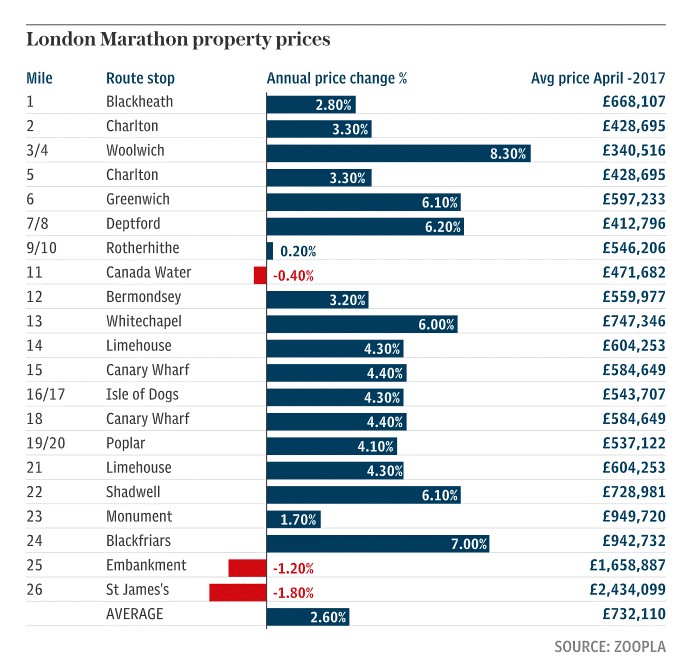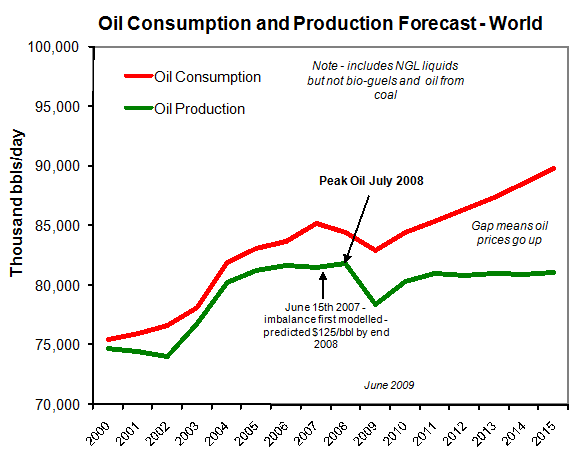333: UK property investment - lots of positive indicators (compared to USA)
06-26-2010
 PropertyInvesting.net team www.google.com
PropertyInvesting.net team www.google.com
· Concrete effective steps have been made to reduce the size and spending of the public sector
· Concrete effective steps have been made to encourage business and increase the size and revenues from the private sector
· Although inflationary pressures are evident, public sector cuts and the strengthening pound should help reduce inflation as the economy grows by a slower but more sustainable rate out of recession
· Because of the lower GDP growth and lower inflation expected by end 2010, interest rates may also stay low through end 2010
· HIPs have been scrapped
· Promises of reducing red tape and regulation for Landlords are encouraging
· Capital gains tax at 28% (instead of the threatened 40%) was a relief albeit it was disappointing no tapered relief was offered for long term investors
· Introducing capital gains tax at 28% from 23rd June prevented a fire-sale of assets that would have distorted the market and could have even precipitated unnecessary panic and a house price crash
· The coalition is staying strong and it is Labour that look foolish for making cheap shots at the Liberals the Labour leadership battle looks drab and a side issue to the main issues for the UK government
· There seems broad support among the UK population for much needed spending cuts to make sure we dont get into an unsustainable debt crunch (like Greece)


US Comparison:
Compared to the USA, the government seem to be on track to boost Sterling, reduce borrowing, reduce the deficit, increase private sector enterprise and put the finances of the country back into shape.
Foreign property investors -
are still flocking to London to buy real estate at low prices before Sterling goes up and view London as a relative safe haven with the Tories-Lib coalition proving successful so far. They will shy away from the USA because the US administration has demonstrated firstly it dislikes the bankers and secondly it dislikes oil companies so who will be next? Will it be property investors? Other industries? The administration regrettably seems intent on increasing the size of the public sector and decreasing the size of the private sector this all sounds so familiar and we know what the eventual outcome is - debt, higher borrowing costs, higher inflation, declining currency, recession and ultimately increasing unemployment and property price drops. We expect all this in the USA from next year as tax breaks end, dollar comes under more pressure and oil prices rise.Confidence After Election: All these positive elements for the UK have come together since the election and we now feel far more confident that property investment in London and southern England has positive indicators. There are also no indications of the most wealthy leaving London. Frankly, in most areas in southern England there are not enough rental properties, so rents will rise. Interest rates will probably start rising towards year end, but my only do so slowly. We would avoid any property investment far from London because the further one gets, the worse the public sector jobs cuts will proportionally hit the local economies and the more exposed one is to both reduced rental demand, no payment of rental and property price declines.

UK versus US a massive switch: If you are considering US or UK property investment, our steer is very clear. Since the private sector will expand in the UK and decline in the US because of massive inefficient social and public sector spending and increasing debt in the USA, we think London and southern England will improve whilst the USA as a whole will decline. Whats happening in the USA at the moment is disturbing for the property investor:
· Non business friendly government
· Massive spending on inefficient projects that do not create value
· Increase in borrowing huge healthcare liabilities ($7000 per person per year spent on healthcare)
· End of tax breaks in 2010
· Printing of money reducing dollar value ($2 Trillion in the last two years)
· Increasing oil imports as oil prices rise and effects of Peak Oil become evident - we also expect oil production to decline this year and next as the effects of the drilling ban kick in ($0.4 Trillion oil import bill per year and rising)
Oil Dependency:
In the UK, the current government has the opposite economic strategy - e.g. increase private sector revenues and decrease public sector spending. Plus the UK only imports about 400,000 bbls of oil a day (instead of USAs 13,000,000 bbl per day yes, thats 40 times more with a population that is only 5 times more). The US military burn through 1,000,000 bbls oil per day that's half of what the entire UK uses each day. When Peak Oil sends oil prices skyrocketed over $100/bbl the UK will fare a lot better than most countries also because it has many oil, gas and mining companies based in London and Aberdeen. The good news for the USA is that the country has huge shale gas reserves and coal reserves, but their economy is so dependent on imported oil that we really worry about the current administration's strategy the USA is very exposed to oil shortages and the negative effects of oil price increases.Report Makes No Sense: The last EIA report 24 June claiming there will be no shortage of oil until at least 2015 and oil production would continue to increase we believe this is frankly non-sense. We see oil supply shortages starting next year and see oil prices sky-rocket once more then probably crash as the US and mainland European economies dip back into recession primarily because of these higher oil prices. And the huge slowdown in offshore drilling in the USA certainly will not, and has not, helped. It will take years to recover.
Private versus Public: In summary, any government that shrinks the private sector and expands the public sector will face the same old problem - it's what got Greece and the UK into their current mess. All government revenues come from business, so its a simple equation. Hence we are now far more optimistic about the UK prospects and far more pessimistic about the US prospects for real estate - it's tipped over in the last two years. For a strong currency, lower interest rates and higher property prices, choose doing business in a country with a centre-right govermnent, not a centre-left one. It's not rocket science. Spending beyond ones means only delays the day a country financial crisis hits - and the USA's regrettably is now very close. Whilst the UK is on an improving trend.
Doubters: Anyone that doubts this analysis should take regard of the fact that the US spend $7000 per person per year on healthcare, and $1500 per person per year on oil imports - both rising. How can a family of four start with a $34,000 annual deficit on these two aspects alone and get away with it. Even for a wealthy country, these numbers are staggering. That's before gigantic military, education and other spending. In the UK by comparison, healthcare costs $3500 per person per year and oil imports $180 per person per year.
We hope this Special Report has given some context to the US and UK governments philosophies and how their actions can directly affect property investments and asset prices. If you have any comments, please contact us at enquiries@propertyinvesting.net

Peak Oil was July 2008 (all oil liquids). The production peak for crude oil only was 2005 - some 5 years ago. We are now on a bumpy plateau. It's difficult to see how production can rise past the July 2008 peak moving forwards and there is a significant risk a steady production decline could start from 2011 onwards.
China's oil demand increases 10% to 20% per annum which is more than the decline in demand seen in Europe and the USA - meanwhile US demand is now rising (again) from early 2010 at a rate of 2% per annum. USA has 5% of the world population and uses 23% of the world oil - this is unsustainable as demand increases in Middle East, China and India - and Middle East exports begin dropping in 2011 after it's hugely increasing populations get more prosperous and use more oil (remember, oil use massively expands when GDP per person per annum rises above $4000, this will be the case across great swathes of the developing world in the next ten years).

PropertyInvesting.net analysis

Texas, Alaska, and California are running dry
Courtsey: www.angelnexus.com
North Dakota - a hidden gem: The only increasing production in 2011 will be in North Dakota - the Bakken Oil Sands formations. Dakota has some of the lowest prices real estate in the US and its probably the only place was can seriously see real estate prices rising in 2011.



